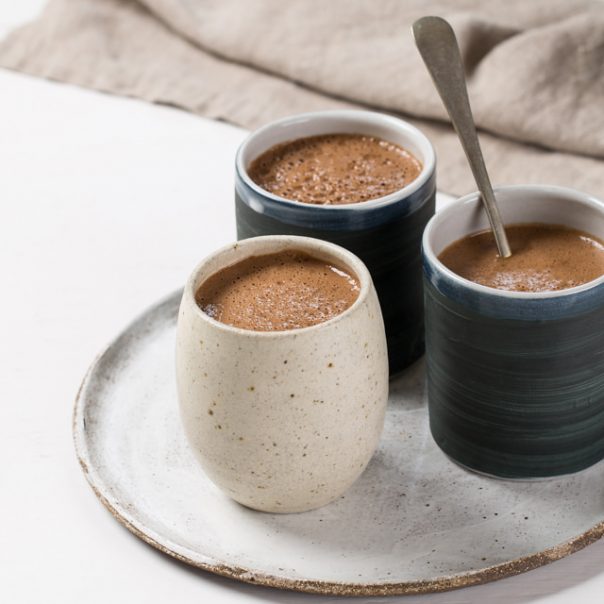On 20 March we will be joining in celebration for the International Day of Happiness – an annual awareness day established by the United Nations with the purpose of inspiring more happiness for people around the world.
This international day was the outcome of the UN’s happiness resolution in 2011, which formally recognised the pursuit of happiness as a fundamental human goal. It also highlighted the need for country leaders to take a more inclusive and balanced approach to economic growth, to promote sustainable development, poverty eradication, happiness and well-being of all peoples. All 193 UN member states have adopted this resolution and committed to making happiness for all people a greater priority.
Each year, the International Day of Happiness is celebrated with a specific thematic focus, coordinated by Action for Happiness, a non-profit group of people from 160 countries. This year’s theme is “Happier Together”, encouraging us to focus on what we have in common, rather than what divides us.
The United Nations invites each person of any age, plus every classroom, business and government to join in the celebration of the International Day of Happiness. There are a number of ways you can get involved in this joyful celebration — join the Day of Happiness community to discover events and activities near you.
How to be happier every day
While none of us can expect to be happy all the time, we believe that making small changes in the way we think and relate to ourselves and the world around us can make a big difference. As part of their global pledge towards greater happiness for all people, Action for Happiness has defined ten key actions that they believe can contribute to happier living. Take a browse through the following list, and think about how you might be able to bring more happiness to your day-to-day.
- Do things for others
Generosity is linked to the reward mechanisms in our brains. When we give our time, energy and kindness to others it not only helps them, it’s also great for our wellbeing too. - Connect with others
People with strong and broad social relationships tend to be happier, healthier and live longer. Family and friends provide love and support, while community and social connections can help foster a sense of belonging. - Move your body
Being active isn’t only good for our physical health, but it makes us happier too. From walking or running to dancing or yoga, getting your body moving can instantly improve your mood. - Be more mindful
Practising mindfulness and being more aware can work wonders for well-being. Mindfulness helps us to get more in tune with our feelings and can provide relief from unhelpful thought patterns like dwelling on the past or worrying about the future. - Keep learning
Stay curious. Learning new things exposes us to new ideas and engages us with new people. It can also give us a sense of accomplishment and helps boost our self-confidence and resilience. Think about the ways you can bring more learning into your every day — from sharing new skills with friends, joining clubs, or playing a new sport. - Have goals
Goals motivate us to think positively about the future. They give our lives directions and bring a sense of satisfaction and accomplishment when we reach them. Remember that goals are supposed to be challenging and exciting, but also realistic. Unachievable goals may only lead to stress. - Bounce back
Failures, loss and regrets – perceived or not – experiencing difficulty in life is inevitable. But, the way in which we respond to setbacks is within our power to control. Learning to pick ourselves up and get back on track builds self-confidence and inspires optimism. - Find the good
Be a “glass half full” person and focus your attention on the positive aspects of a situation. While we need to be realistic about life’s ups and downs, finding ways to see the good can help bring more happiness into your daily life. - Accept yourself
Nobody is perfect, and being aware of our shortcomings can be an important tool in personal development. However, it can be all too easy to dwell on our flaws. When we make the choice to be kinder to ourselves we increase our enjoyment of life, our resilience and our well-being. It also helps us accept others as they are. - Be part of something bigger
What gives your life meaning? For many, this might be religious faith. But there are plenty of other ways to find a sense of purpose in life, like community groups, being a parent, or doing a job that makes a difference.
Photo by Delaney Dawson on Unsplash


